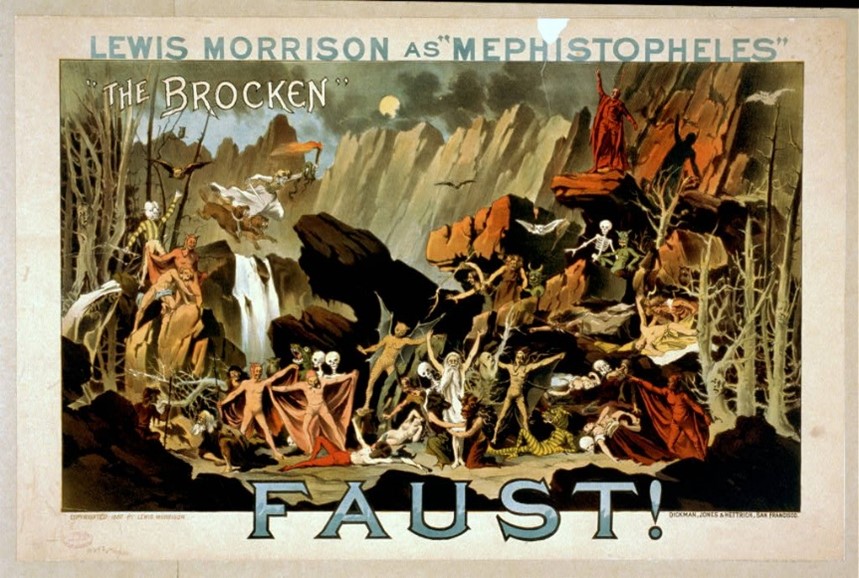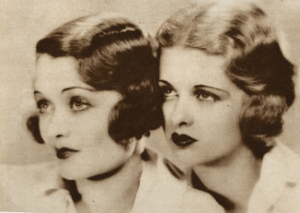Table of Contents
Civil War enthusiasts like to focus in on historical figures with unique backgrounds, distinguished war records, or notable post-War achievements.
And of course, at the National Museum of Civil War Medicine we also like to highlight people with a connection to American medical history.
Morris W. Morris is one of the few men who possessed all these attributes.

He was born on September 4, 1845, in Kingston, Jamaica. His father was a Jewish Englishman, and his mother was of Spanish and Black heritage.
At an early age Morris decided to strike out on his own and moved to New Orleans.
When the Civil War erupted, he enlisted as a lieutenant in the 1st Louisiana Native Guard, organized as a Confederate Home Guard regiment in June of 1861. The regiment was highly unusual, especially for a Confederate unit, because it was mainly made up of free men of color.
For that reason, the regiment was disbanded in February of 1862 when the State of Louisiana enacted a law allowing only white males to serve in the military. However, the Governor of Louisiana quickly reactivated the regiment in early March 1862 when a Union naval force under David Farragut began its assault on New Orleans.
After the Union capture and occupation of New Orleans in April of 1862, Morris joined many other officers and enlisted men of his old unit and switched his allegiance to the Union Army. He enlisted as a lieutenant in the newly created Union regiment known as the Corps de Afrique United States Colored Volunteers, 1st Regiment Infantry. That regiment would later be reconstituted into the 73rd Regiment Infantry of U.S. Colored Troops.
In the summer of 1863, his regiment fought at the Battle of Port Hudson, along the Louisiana side of the Mississippi River. The Union victory at the Battle of Port Hudson on July 9, 1863, coupled with the Confederate surrender at Vicksburg on July 4, 1863, effectively delivered full control of the Mississippi River to the Union.
For his service at the Battle of Port Hudson, Morris was promoted to a breveted captain.
It is probably safe to say he was the only Black, Hispanic, Jewish person to have ever served as both a Confederate and Union officer during the Civil War.
But his amazing story did not end there.

When he left the army, Morris decided to embark on an acting career, and in the process changed his name to Lewis Morrison. He debuted shortly after the war in New Orleans in the play, The Loan of a Lover.
He soon became very successful, appearing in major theatrical productions across the nation. He co-starred with some of the greatest actors of the time including the legendary Edwin Booth. A quick aside -unlike his infamous brother, John Wilkes Booth, Edwin Booth was a patriot who saved Lincoln’s son Robert from being killed by a train.
Morrison appeared with other great actors of the time, such as Adelaide Nelsson, Lawrence Barrett, and Charlotte Cushman.
He also co-starred with the renowned English actress, Rose Wood, whom he would marry in 1866.

He became so successful he eventually developed his own touring company which became world renowned for its productions of Faust in which he played the starring role of Mephistopheles. He continued this role for over fifteen years until his untimely death at age 61 from complications resulting from stomach surgery.
But his mark on American culture carried on well past his death. During his 20-year marriage with Wood they had three daughters who would all go on to become successful actresses.

One of the daughters, Adrienne, married Richard Bennett, one of the great stars of the stage and screen in the early 20th century. They in turn had three daughters – Constance, Barbara, and Joan Bennett – all of whom grew up to become famous movie and TV actresses. Constance and Joan Bennett in particular became two of the most popular and highly paid actresses throughout the 1920s, 1930s and 1940s.
And Morrison’s granddaughter Barbara had a son, Morton Downey, Jr. who gained national notoriety as an extremely controversial TV talk show host in the 1980s.
So, to recap – Morris W. Morris, or Lewis Morrison, was a Confederate officer and later a Union officer, a combat veteran and a great thespian who spawned an acting dynasty.
However, there is even a connection between his life and American medical history. Morrison’s granddaughter Constance Bennett was also well known for her five marriages. Her first marriage was to Chester Hirst Moorehead, the son of the prominent surgeon, Frederick Brown Moorehead – one of the leading pioneers in the emerging field of plastic surgery.
Thus Morris W. Morris (a.k.a. Lewis Morrison), through his very storied life proved that even though he went by multiple names, he was indeed one-of-a-kind.
Sources
The true tales of Morris Morris and Lewis Morrison, Texas Jewish Post, March 1, 2018, Historical Perspective by Jerry Kasten, https://tjpnews.com/the-true-tales-of-morris-morris-and-lewis-morrison/
Morris W. Morris/ Lewis Morrison (1845-1906), BLACK PAST, Joni Savage, September 18, 2018, https://www.blackpast.org/african-american-history/morris-morris-w-lewis-morrison-1845-1906/
Jewish Encyclopedia 1906 Edition, Page 6, https://d2b4hhdj1xs9hu.cloudfront.net/MC9CC3CZ.jpg
3rd Regiment, United States Colored Infantry, United States Colored Infantry, National Park Service, https://www.nps.gov/civilwar/search-battle-units-detail.htm?battleUnitCode=UUS0073RI00C
The Civil War Dictionary, Mark Mayo Boatner III, pages 584 & 585, David McKay Company
Constance Bennett, Biography, IMDb, https://www.imdb.com/name/nm0000909/bio/
Dr. Moorehead, Dean of Plastic Surgeons, Dies, Chicago Tribune, page 14, August 30, 1944, https://www.newspapers.com/article/chicago-tribune-obituary-for-f-b-moore/74761021/
About the Author
Brad Stone enjoyed a long public affairs career with the U.S. government, including as a senior director of media relations at the U.S. Food and Drug Administration. He currently volunteers as a docent at both the National Museum of Civil War Medicine in Frederick, MD and aboard the U.S.S. Constellation in Baltimore Harbor. He is also on the Board of Directors for the Monocacy National Battlefield Foundation. Brad has done presentations on a variety of Civil War topics at several venues including the Gettysburg Heritage Center in Gettysburg, PA; the Antietam National Battlefield Park in Antietam, MD; and the U.S. Navy Museum at the Navy Yard in Washington, DC. Several of his talks have been nationally televised on C-SPAN3 American History TV.



Leave a Reply
You must be logged in to post a comment.